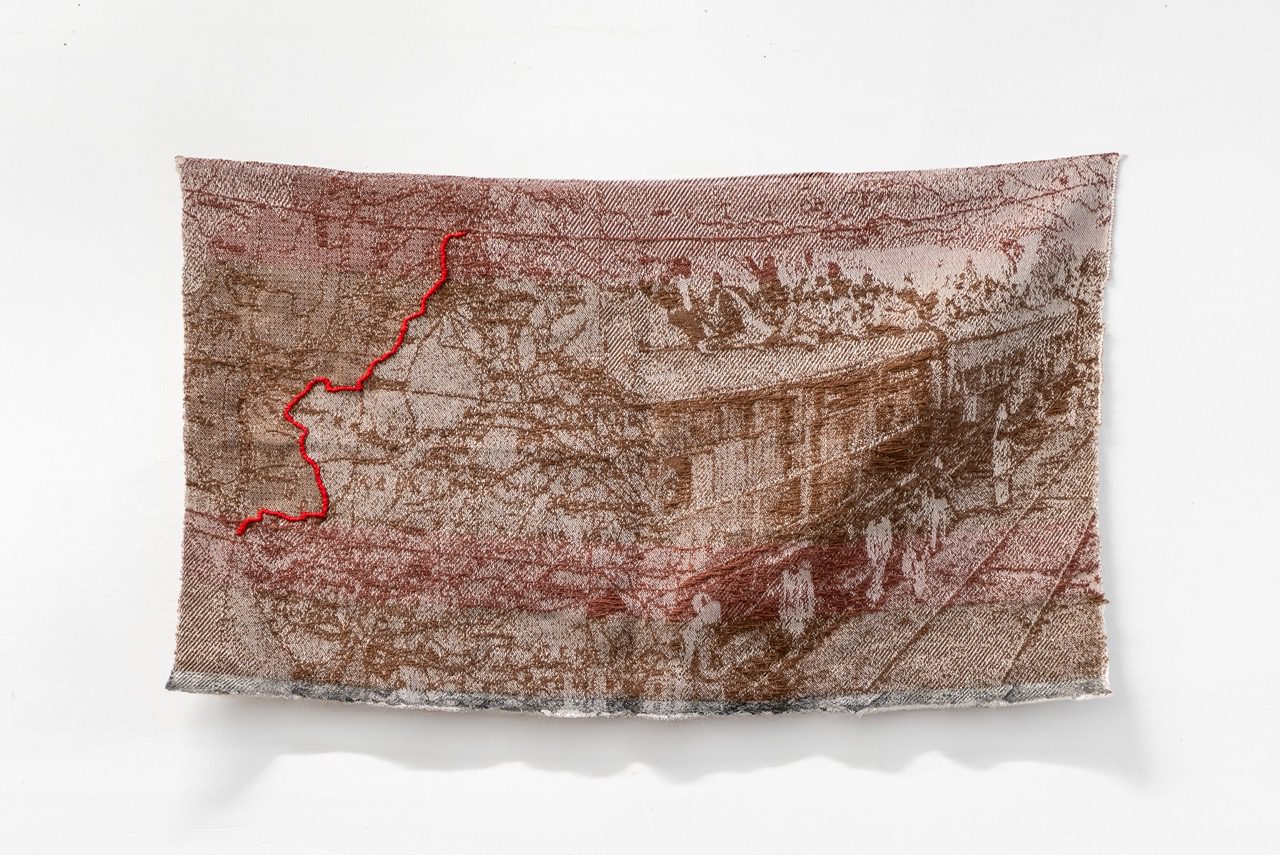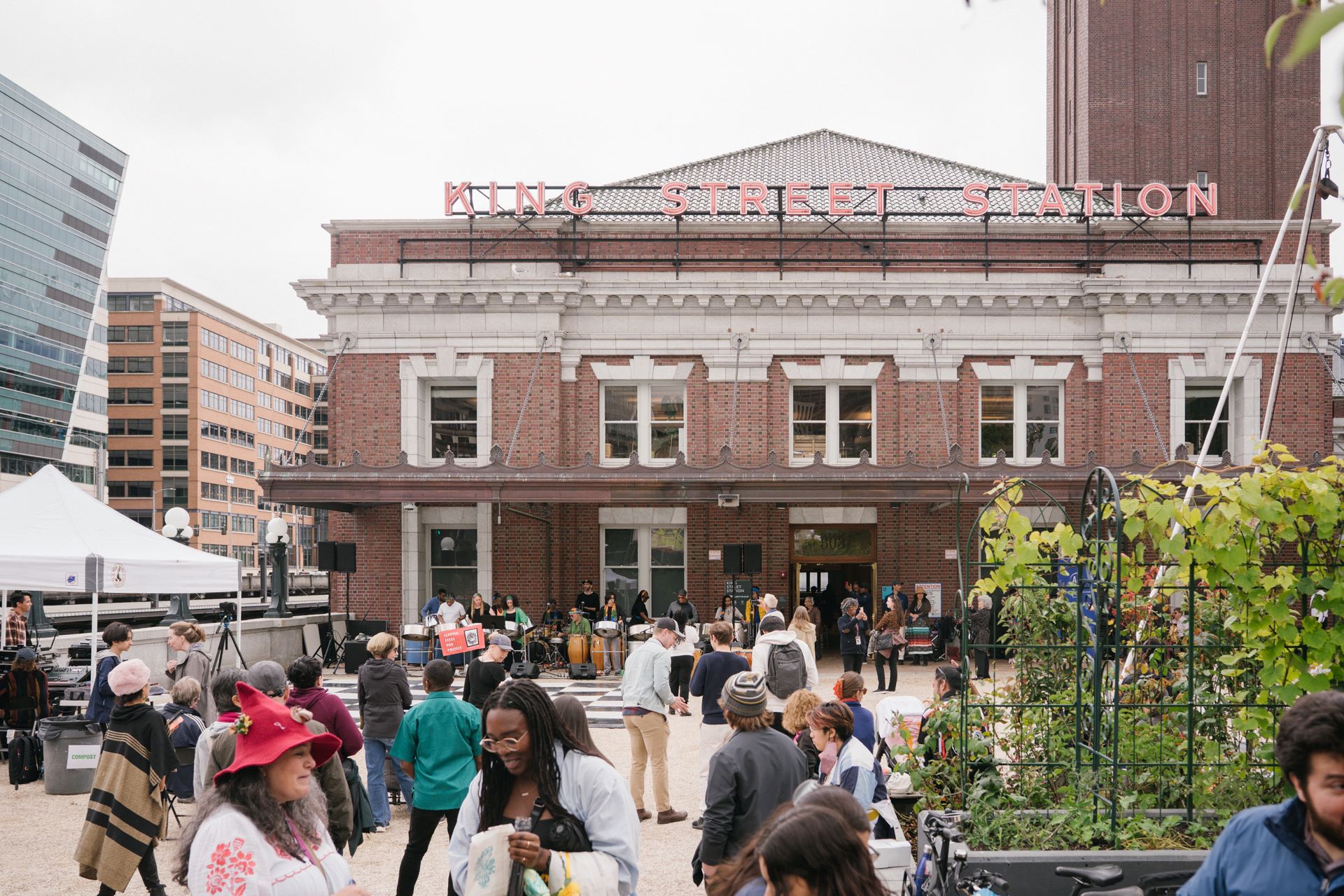Workshops: Aug. 17, 24, 31 and Sept. 7, 13, 28
 Changing the power dynamic in our society and addressing persistent race and social justice inequities is a fundamental pillar of the work of the City of Seattle and the Office of Arts & Culture (ARTS). Art allows us to express ourselves and see other people’s realities in ways that can break down barriers and lead to change within ourselves and our institutions. As one tool to address these inequities, ARTS is offering a series of workshops addressing racial equity, implicit bias and white fragility in August and September.
Changing the power dynamic in our society and addressing persistent race and social justice inequities is a fundamental pillar of the work of the City of Seattle and the Office of Arts & Culture (ARTS). Art allows us to express ourselves and see other people’s realities in ways that can break down barriers and lead to change within ourselves and our institutions. As one tool to address these inequities, ARTS is offering a series of workshops addressing racial equity, implicit bias and white fragility in August and September.
“The artistic process is a powerful tool to help communities come together and foster understanding,” says Randy Engstrom, Director of the Office of Arts & Culture. “Artists and arts organizations can build bridges to bring us together and create solutions. It is integral for us to offer our arts organizations the training they need to address these issues and build a better, more inclusive, stronger society.”
ARTS, in partnership with the Office for Civil Rights (OCR), is committed to addressing, and increasing community-wide awareness about existing inequities so that we, along with our cultural and community partners, can most effectively work together toward a vision of racial equity. In August and September ARTS will offer a trio of Racial Equity workshops. The workshops include White Fragility with Robin DiAngelo, Implicit Bias with Darlene Flynn and Leading with Racial Equity for Structural Transformation with Scott Winn. Individuals may sign up for single sessions, or the entire series in any sequence.
Workshops:
 White Fragility with Robin DiAngelo
White Fragility with Robin DiAngelo
Wednesdays, Aug. 17 or Sept. 7
Tickets
A 4-hour workshop focusing on the specific way that racism manifests through White Fragility (defined as the inability for white people to tolerate racial stress) and provides the perspectives and skills needed for white people to have more constructive cross-racial interactions. Dr. Robin DiAngelo is a former Associate Professor of Education and is a two-time winner of the Student’s Choice Award for Educator of the Year from the University of Washington. She was appointed to co-design the City of Seattle’s Race & Social Justice Initiative and has just completed the 2nd edition of her book, What Does it Mean to be White?: Developing White Racial Literacy.
 Implicit Bias with Darlene Flynn
Implicit Bias with Darlene Flynn
Wednesdays Aug. 24 or Tuesday, Sept. 13
Tickets
Implicit bias refers to the attitudes or stereotypes that affect our understanding, actions, and decisions in an unconscious manner and can have detrimental impacts in how we interact with others with regard to race. In this 2-1/2 hour workshop participants will learn to identify implicit racial bias, understand its impacts, and develop strategies for interrupting it. Darlene Flynn works in the Office for Civil Rights as a Policy Analyst and trainer for the City’s Race and Social Justice Initiative. She also served on the Black Child Development Institute Education Committee to work on disproportionality in rates of discipline of children of color and other issues contributing to the “achievement gap”, and was a Seattle School Board member.
 Leading with Racial Equity for Structural Transformation with Scott Winn
Leading with Racial Equity for Structural Transformation with Scott Winn
Wednesdays, Aug. 31 or Sept. 28
Tickets
Through this 2-1/2 hour workshop participants will strengthen their knowledge of their own positions of advantage and disadvantage, how these impact their lived experience (communities they serve), and roles and strategies to create equity and justice. We will discuss how leading with racial equity is a strategy for structural transformation for collective liberation for all. Scott Winn is a Policy and Development Lead for the City of Seattle Race and Social Justice Initiative (RSJI). He is co-founder of Seattle’s Coalition of Anti-Racist Whites, a grassroots organization working to eliminate structural racism by educating and organizing white people to support people of color-led organizations working for social and economic change. Winn is a faculty member of the University of Washington, School of Social Work where he teaches courses centered on social workers as agents for social and economic change.


